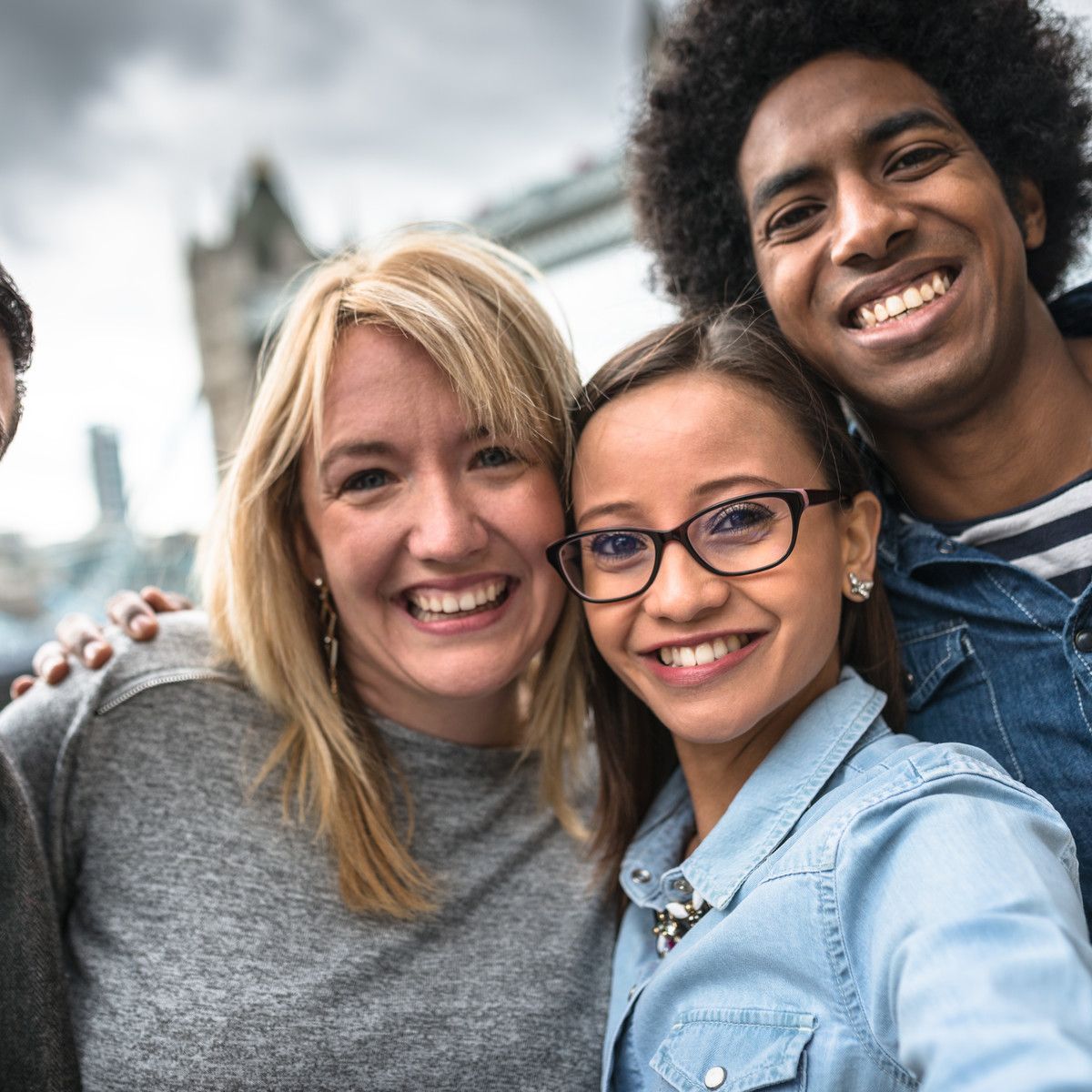
The importance of tolerance in a divided world
Today we mark International Day for Tolerance, a United Nations observed day where we commit to greater respect and mutual understanding among all people.
Tolerance as a trait is something most people would assume innate to themselves. I doubt anyone when asked would declare themselves to be intolerant. Many of us would affirm our tolerant credentials, and wax lyrical about our high-mindedness whether it were actually true or not.
Unfortunately, real-world evidence suggests we aren’t the bastions of forbearance we like to think we are. In recent years society has become divided on a variety of grounds, and our digital spaces often seem little more than roiling pits of hatred and rage.
Some events and causes will naturally warrant indignation. Injustice wherever it is found can quite rightly inspire anger and a drive for rapid change. However, on an inter-personal level, many of us draw our lines in the sand, surround ourselves with like-minded people, and open fire on anything beyond our moral borders.
Campaigning loudly and vigorously against a bad policy, idea, or societal structure is an essential part of democracy and progress. But when this slips into criticism of people that righteous fury can mutate into something ugly and vindictive.
Too often, whether online or in public debate, if disagreement occurs, one person will swiftly attack and denounce the other. Sometimes, especially where high-profile women and people from minority backgrounds are concerned, this can lead to torrents of online abuse. We might like to think this behaviour is the domain of far-right thugs and internet trolls but it isn’t. There are people from across the political spectrum who will readily embrace tribalism and rain scorn upon those who don’t share their views.
In many quarters, debate has lost its meaning and is no longer the pursuit of truth and knowledge. From parliamentary benches to online exchanges, debate has degenerated into heated argument where the goal is simply to claim superiority and relish in the defeat and humiliation of an opponent. This adversarial framing is a significant part of the problem. Until we can wrest ourselves away from this gladiatorial mindset, we risk creating a society steeped in confirmation bias, insular viewpoints, and of course, intolerance.
How to create a more tolerant society
For all the abuse, hate, and toxicity in public life, the situation is not hopeless. By starting with ourselves and taking honest, considerate steps, we can all help create a more tolerant and respectful society.
1. Listen
One of the most important things we can do is simple: listen.
All too frequently in the public sphere, listening appears to be just a polite period of silence before an individual starts speaking again. Yet taking the time to listen to what someone has to say and engage constructively is a critical tool in fostering greater understanding and respect between people.
You don't win hearts and minds by screaming in someone's face. Opinions don’t often shift when met with hostility, they harden and become entrenched. By committing to actively listening to each other, even if we end up disagreeing, we can achieve greater tolerance and instigate progress.
2. Reflect
Reflecting on a person’s viewpoint and trying to understand why they think the way they do reaps greater rewards than bluntly condemning it out of hand. Belittling someone for having a contrary opinion won’t convince them to change their mind, but a thoughtful discussion might.
An additional but important facet to this is the capacity for self-reflection.
Why do you think what you do? When was the last time you interrogated your own beliefs and opinions? Understanding where your own beliefs come from will help when you begin to question those held by others.
3. Learn
Knowledge is power. By seeking out quality information and learning about the lives of others, we can attain greater mutual understanding. Talk to your colleagues and friends about their different perspectives and experiences. Learn how to support workers with protected characteristics with our equalities resources.
Watch UNESCO’s video about the importance of tolerance, the rise of misinformation, hate speech, and what we must do to stop it.
